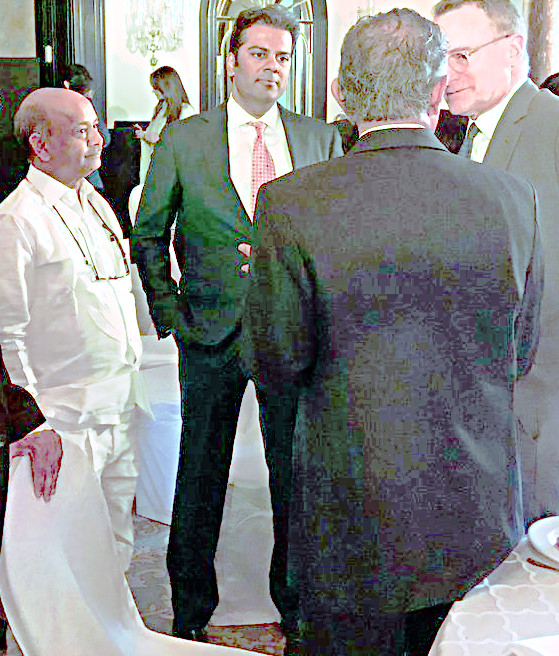
Billionaires' Ball: Two legends Radhakishan Damani and Howard Marks
Few have heard of, or seen, Ignatius Navil Noronha. Yet, when you visit D’Mart’s supermarket stores, you will find him there, grinning from ear to ear.
The reason for Noronha’s joy is the fact that he will soon be an elite member of the rich and famous club with a mind-boggling net worth of nearly Rs. 400-500 crore.
How a youth from a middle-class background amassed such enormous riches makes for fascinating reading.
When Noronha was still a youngster and in his mid-20s, he landed a job with Hindustan Lever, the blue-chip FMCG behemoth.
At that time, Radhakishan Damani was still setting up D’Mart and needed top-quality personnel to power it forward.
It took Radhakishan Damani only a second to realize that Noronha, though then still wet behind the ears, had the incredible energy and leadership ability to catapult D’Mart into a powerhouse retail behemoth.
No doubt, Damani’s incredibly magical intuition ability, which earned him billions from the stock market, played an important part here as well.

Billionaires’ Ball: Two legends, Radhakishan Damani and Howard Marks, talk shop
Noronha demands king’s ransom in stock to take up the job in D’Mart
At this stage, we have to compliment Noronha for his foresight and negotiating ability.
He not only secured for himself a hefty pay package of Rs. 3.50 crore (excluding perks) but he also demanded – and obtained – an allotment of 1,37,00,000 shares of Avenues Supermarts Ltd, the company which operates the D’Mart stores.
Today, it is unbelievable but true that the said 1,37,00,000 shares held by Noronha are worth an eye-popping Rs. 400-500 crore given the stiff premium at which the shares of Avenues Supermarts are quoting in the grey market.
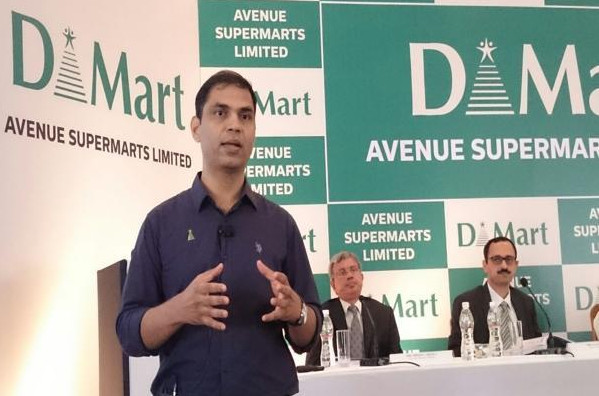
[Neville Noronha of D’Mart (Image credit: Mint)]
Noronha’s net worth will be more than that of other head honchos
The astonishing fact is that the enormous fortune that Noronha will rake in will make his net worth higher than that of other eminent FMCG head honchos such as Sanjiv Mehta (MD of HUL), YC Deveshwar (Chairman of ITC), Vivek Gambhir (MD of Godrej Consumer Products) etc.
Other employees of D’Mart will also become millionaires
The good news is that Noronha will not be alone in the rich man’s club. Instead, nearly 2,000 employees at D’Mart, who collectively own 7% shares in the Company, will become multi-millionaires.
Amongst the key employees include Ramakant Baheti, the CFO, who holds 31,75,000 shares and Elvin Machado, the WTD, who holds 411,400 shares in Avenues Supermarts.
Well deserved bonanza
Nobody can dispute that Noronha deserves the immense wealth that is coming his way.
Since his appointment in 2004 as “head of business”, Avenue Supermarts has built 120 stores and achieved annual revenue of Rs 8,600 crore in FY16.
There are several unique aspects to D’Mart’s business model which have made it a powerhouse:
(i) The properties housing 90% of D’Mart stores are owned by the company. This strategy has shielded it from spiralling rentals and relocation hassles.
(ii) D’Mart has focused on aspects such as developing personnel, understanding customers, designing the layout etc;
(iii) D’Mart follows a no-frills approach to save on operating costs and offer discounts to consumers;
(iv) Vendor relationship is strictly managed. Against the 12-21 days’ payment cycle in the FMCG trade, D’Mart pays vendors after 11 days;
(v) Noronha leads a young team. There are no “stars” in the Company;
(vi) The emphasis at D’Mart is on “value retailing” which means that a restricted number of products per category are kept;
(vii) It makes most of its money from the low-margin food business. The food business brings footfalls. Consumers stay to buy some of the higher margin goods.
(viii) “Business is a science, but assortment is an art”. D’Mart usually has lower SKUs (stock-keeping units) than the industry average, about 40-60% (of the average).
(ix) The customers are not given all that they want. The Company knows more than the customer even though this may be treated by the pundits as being “counter intuitive”;
(x) D’Mart records 59% of its sales from Maharashtra and Daman, and 18% from Gujarat, despite being present in eight states.
(xi) Unlike most retailers who are focused on cities, D’Mart focus on states. As the business has thin margins, D’Mart continues its presence in the states it is in. It does not open a new store, even if the finances permit, unless it can be run it as efficiently as the existing stores.
Salient features of the D’Mart IPO
• The price band will be Rs295-299 per share;
• The IPO is worth Rs1,870 crore;
• The IPO opens on 8 March and closes on 10 March;
• The anchor issue opens a day earlier, on 7 March;
• 10% of the total equity shares will be divested;
• Thirty-five percent of the issue will be available to retail investors, 50% to qualified institutional buyers or QIBs and 15% to non-institutional bidders on a “proportionate basis”;
Utilisation of the IPO proceeds by D’Mart
Avenue Supermarts plans to use Rs. 1,080 crore to repay outstanding debt and Rs300.6 crore to purchase and construct new stores. The use of the remaining funds will be announced after the share price is finalized i.e. on the day of listing.
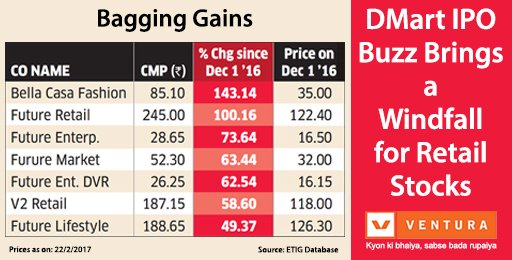
Financial affairs of D’Mart
Avenue Supermarts has released the financial numbers for the nine months ended 31 December.
• The debt stands at Rs1,407.8 crore, with a debt-equity ratio of 0.74.
• Radhakishan Damani and family own 91.34% of Avenue Supermarts.
• The figures reveal that Avenue Supermarts is one of the most profitable retailers in the country. It posted a profit after tax (PAT) of Rs300.92 crore on revenues of Rs 8,800.03 crore in fiscal 2017 until December 2016.
• D-Mart’s margins are relatively wafer thin at 4.4% (profit after tax).
• In fiscal 2017, until December 2016, 52.8% of the company’s revenue came from the food business, and only 27.63% from its highest margin category, general merchandise and apparel. General merchandise includes home appliances, crockery, bed and bath among other goods.
“First day, first show” game plan necessary to combat aggressive bidders in the IPO
The size of the IPO is only Rs. 1,870 crore. This is literally petty cash for Billionaire Radhakishan Damani. It is obvious that the IPO is not a fund-raising scheme but is part of a larger game plan by the wily Billionaire.
There is no doubt that the IPO will be heavily oversubscribed because all and sundry will be making an application. The chances of allotment of any shares will be bleak.
So, the only way that we will be able to get a look-in is if we barge in on the first day of the listing and aggressively mop up all the stocks that are on offer.
Then, we can also be proud partners of Radhakishan Damani in his effortless journey of wealth creation!

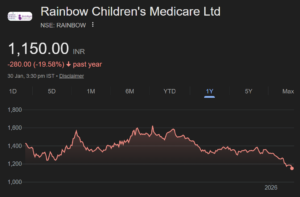
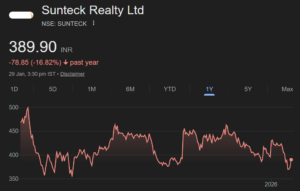
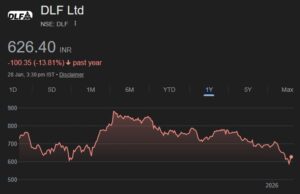
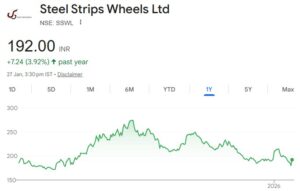
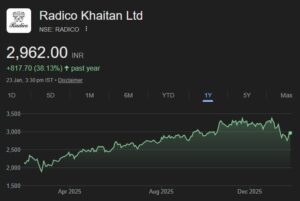
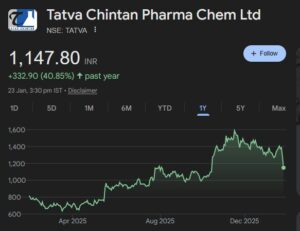
No doubts its a good company to invest…